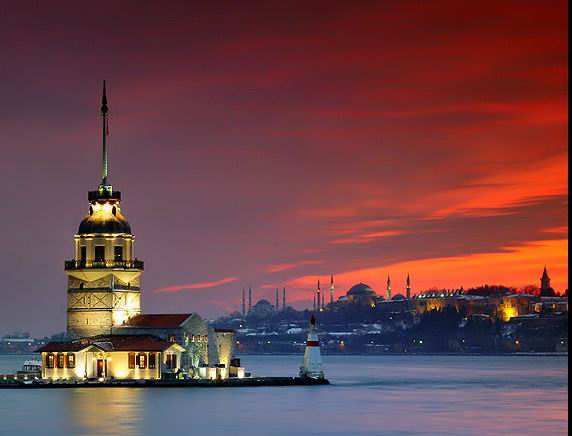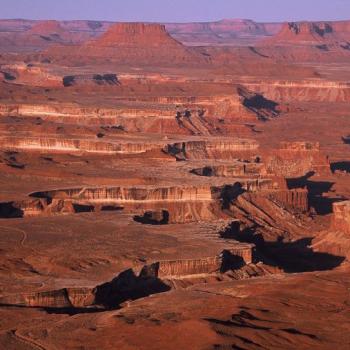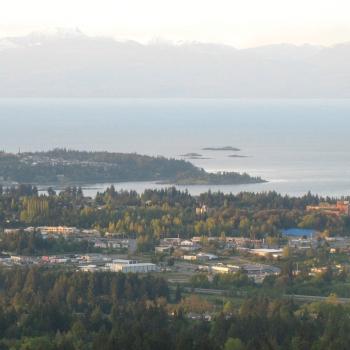
Still moving forward with my Islam-for-Mormons manuscript:
In the meantime, an immensely rich civilization—rich in every way—had been created. A bare bones description of this vast realm and of the marvelous art and architecture, literature, music, philosophy, and science that it produced would far exceed the space available in this book. It seems to me, however, that a good method of giving at least an impression of the riches of Arabic civilization (and of the broader Islamic civilization to which it belongs) is to suggest some of the debts that we in the West owe to it.
There is another reason for making the attempt. We tend to overlook our debt, even to suppress it. (The West has often been at war with the Arabs and the Muslims and has been reluctant to admit that it owes a great deal to the “infidel” enemy) Our unwillingness to acknowledge our indebtedness, or to express any gratitude, is something that irritates many Arabs and Muslims considerably. Yet the extent of our debt to them is surprisingly large. Recognizing it will help to drive out the completely false image many Westerners have of the Arabs, for instance, as a bunch of camel herders who have somehow, rather like the Beverly Hillbillies, come into a vast sum of undeserved money. It will also help to clarify why some Arabs and Muslims think of us as arrogant newcomers.
I start with my own favorite field.
Philosophy
The very word used by the Arabs for “philosophy,” falsafa, demonstrates that the subject grew out of Greek philosophia (literally “the love of wisdom”). As the Arabs came to know it, philosophy was based on Greek texts. They adopted Greek philosophy—the legacies of Socrates, Plato, Aristotle, and Plotinus. They expanded it, commented upon it, refined it, and then, when their own creative light began to flicker, passed it on to the West.
The process by which this happened is interesting. The rulers of the Byzantine Empire, based in Constantinople, saw themselves not only as a worldly government, but as the representatives of God on the earth. There was no real separation of church and state. (Had not Constantine, the founder of the city that had come to be called after his name, presided at the council of Nicea? Even though he was not yet even baptized? So who could deny the right of the emperor to rule in religious matters?) The elegant word for this is caesaropapism, which indicates a state of affairs in which the ruler is simultaneously caesar or emperor and pope. It is also a state of affairs in which religious disagreement is tantamount to treason. The drawback, from the ruler’s perspective, is that religious dissent could actually become treason. After all, if the government viewed it as treason, why shouldn’t it really become such? Tourists today are still shown the gate in the old Babylon fortress, south of Cairo, where a Coptic Christian managed to sneak down and open the gates to the besieging Muslim army. He evidently felt, as did many of his fellow Copts, that Arab Muslim rule could not possibly be worse than the intolerant rule of the Byzantines and might even be better. He was probably right.
The Nestorian Christians were a persecuted minority whose ancestors had lost one of the innumerable nitpicking theological disputes that constantly divided the apostate church. They could see that conditions were rapidly becoming intolerable under the Byzantines, who were determined to have not only political unity but religious uniformity in their domain. So those Nestorians who could do so moved to the east, often right into the domain of the Persian king, who could not tell one Christian sect from another and was disposed to leave them alone. Thus, when the Arabs inherited much of the Middle East, they also came into possession of a sizeable and, eventually, highly useful Nestorian minority.












